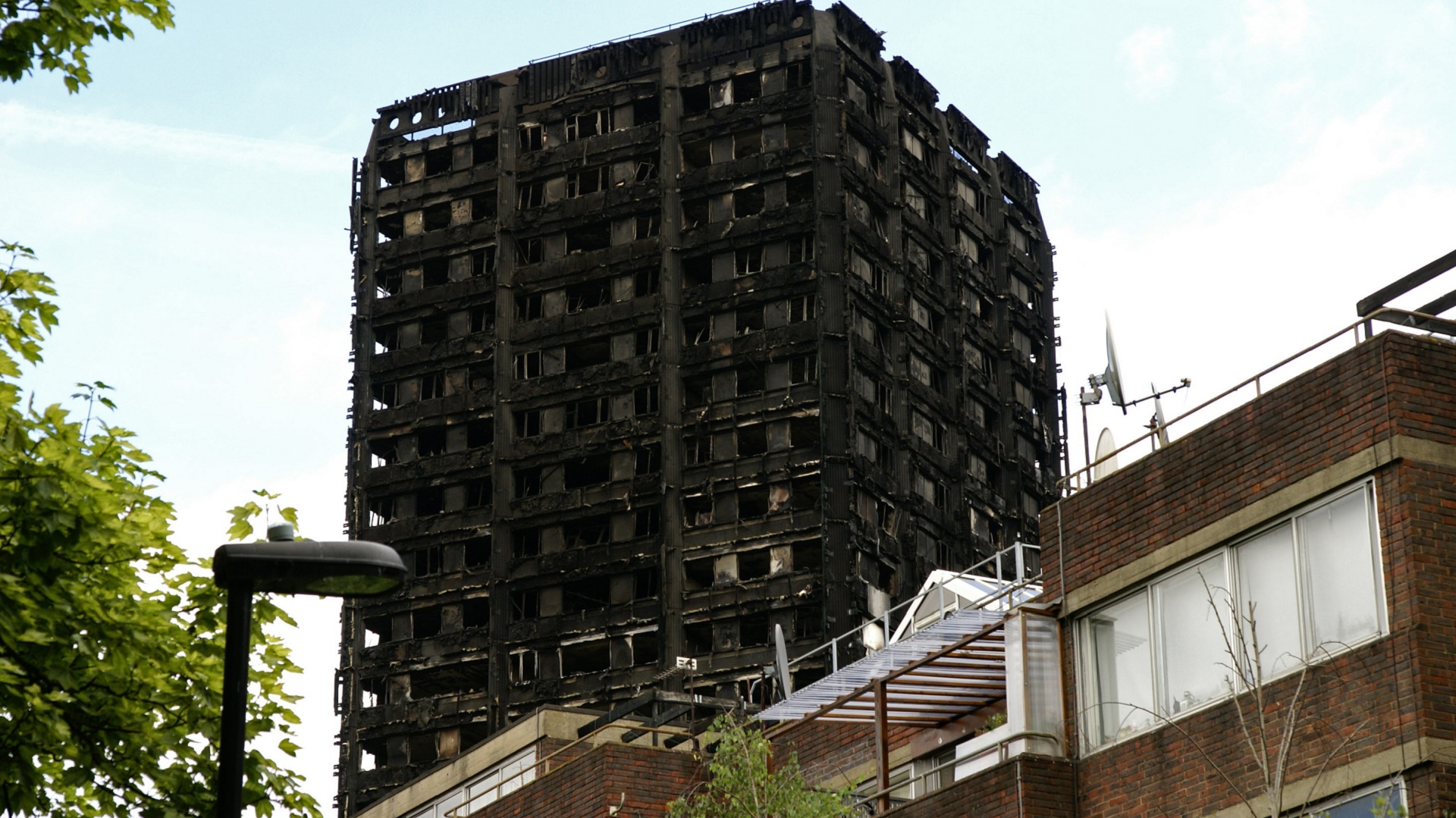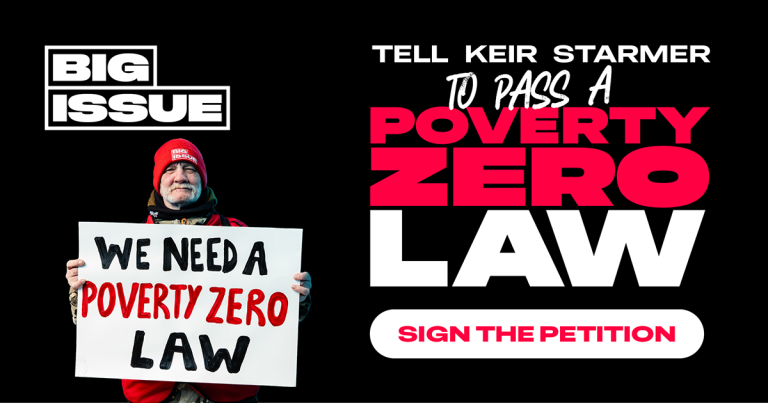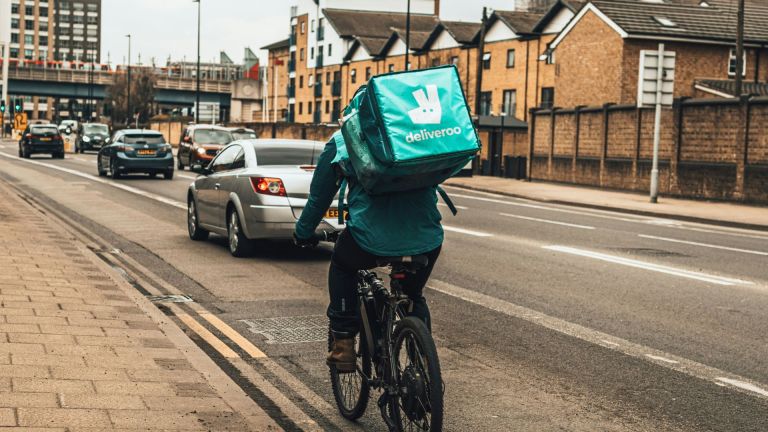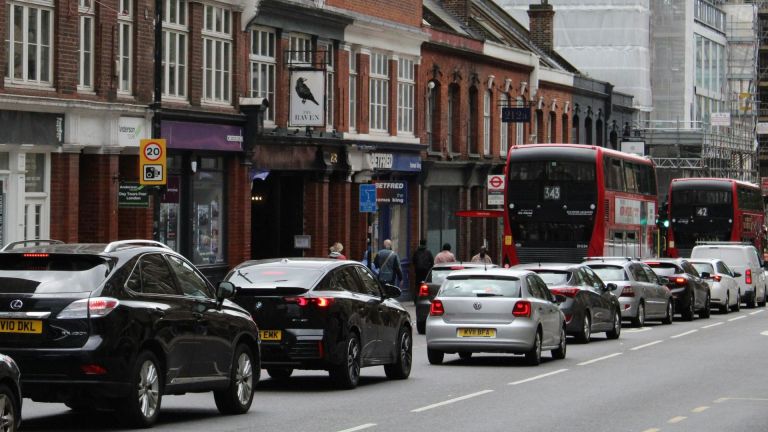It’s a housing story that could yet cost the government dear. The details remain unclear and who ultimately foots the bill will have major ramifications.
But I don’t think Boris Johnson will live in these places. The story concerns cladding on high-rise buildings.
In the wake of the Grenfell tragedy, when it became obvious that flammable cladding issues were rife in hundreds of high-rise developments, instructions went out to remove those materials. This was an inarguable necessity. The risk of a repeat of the horror that cost 72 people their lives can’t be countenanced.
However, almost immediately questions emerged over who would pay. Would it be the building owners or the individual property leaseholders?
This is where the nightmare started for thousands of homeowners. The places they’d saved for many years to get were suddenly either lumbered with massive costs, due to nothing they’d done. Or, if they tried to sell to move on and start again, they discovered there were no buyers and they could be trapped in negative equity. It was a treacherous bind.
Lives will be blighted, horizons will be narrowed, worry will reign and unquestionably, some people will be bankrupted and lose their homesPaul McNamee
Paul McNamee
Following several years of campaigning, the Westminster government bowed to pressure and came up with a kind of resolution. In February, they said they were making a £3.5bn funding package available to pay for costs to replace unsafe cladding for all leaseholders in residential buildings that are six storeys or higher in England.










